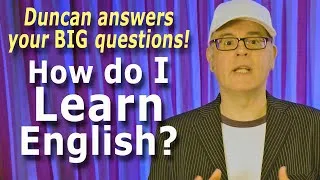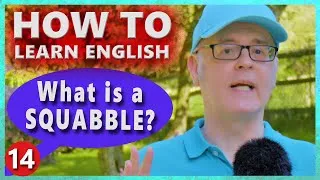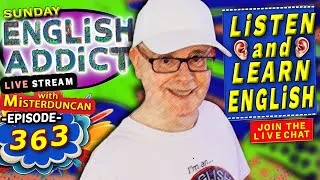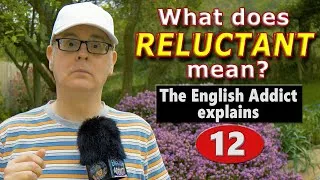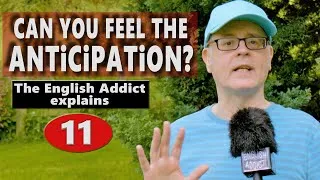Action Verbs vs State Verbs | English Tenses #5 | B1-Intermediate
"Action verbs" vs "State Verbs" - Aprendendo Tempos Verbais do Inglês (Lição 5)
1,072,919 views ・ 2011-10-04
Por favor, clique duas vezes nas legendas em inglês abaixo para reproduzir o vídeo.
New videos
Original video on YouTube.com
Este site apresentará a você vídeos do YouTube que são úteis para o aprendizado do inglês. Você verá aulas de inglês ministradas por professores de primeira linha de todo o mundo. Clique duas vezes nas legendas em inglês exibidas em cada página de vídeo para reproduzir o vídeo a partir daí. As legendas rolarão em sincronia com a reprodução do vídeo. Se você tiver algum comentário ou solicitação, por favor, entre em contato conosco usando este formulário de contato.


